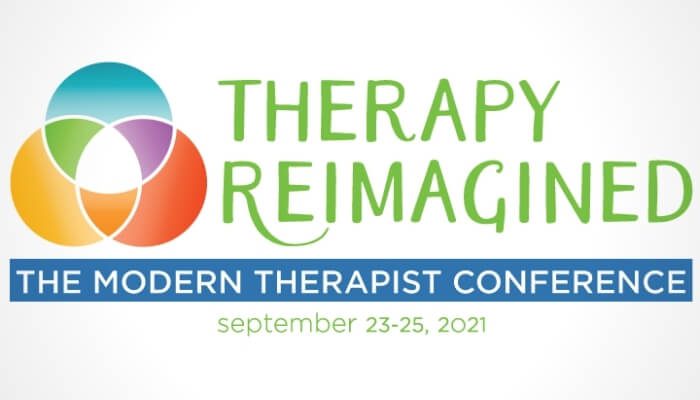Dr. Kristen Syme, PhD | Conflict, Culture, and Mental Health: What an anthropological approach reveals about depression and suicidality (1 CE hour)
Popular Western narratives of depression frame it as a disease that is caused by a ‘chemical imbalance’ in the brain. This model, however, is not supported by empirical evidence. Data from western and non-western societies instead indicate that depression and suicidality are closely associated with, and likely caused by, adversity, conflict, and powerlessness. There is often not a direct translation of depression across diverse languages. There are terms, however, that denote psychological and behavioral manifestations that overlap with depression, such as low mood and withdrawal, but these terms also situate those phenomena in social contexts. A cross-cultural investigation of suicidality further revealed that suicide threats, attempts, and deaths were usually preceded by conflicts, such as forced or thwarted marriages, with powerful others.
Taking an evolutionary approach, my collaborators and I have proposed that depression and suicidality are functional responses to conflict and adversity that, like pain, indicate the presence of threats and motivate change. This does not mean that depression and suicidality should not be treated. Rather, depressed and suicidal individuals stand to benefit from knowledgeable specialists who can help identify strategies and resources to ameliorate adversity and resolve conflict. Resolving conflict is often beyond the scope of what therapists can accomplish in the setting of individual therapy. I will briefly discuss how therapists might draw inspiration from restorative rituals found across societies to develop novel approaches to aid individuals in restoring social relations.
Learning Objectives:
- Contemplate three ways depression and suicidality are different across cultural and social contexts
- Evaluate and apply evolutionary models of health and disease to depression and suicidality
- Conceptualize three ways that depression and suicidality are often caused by adversity and intractable conflicts with others

